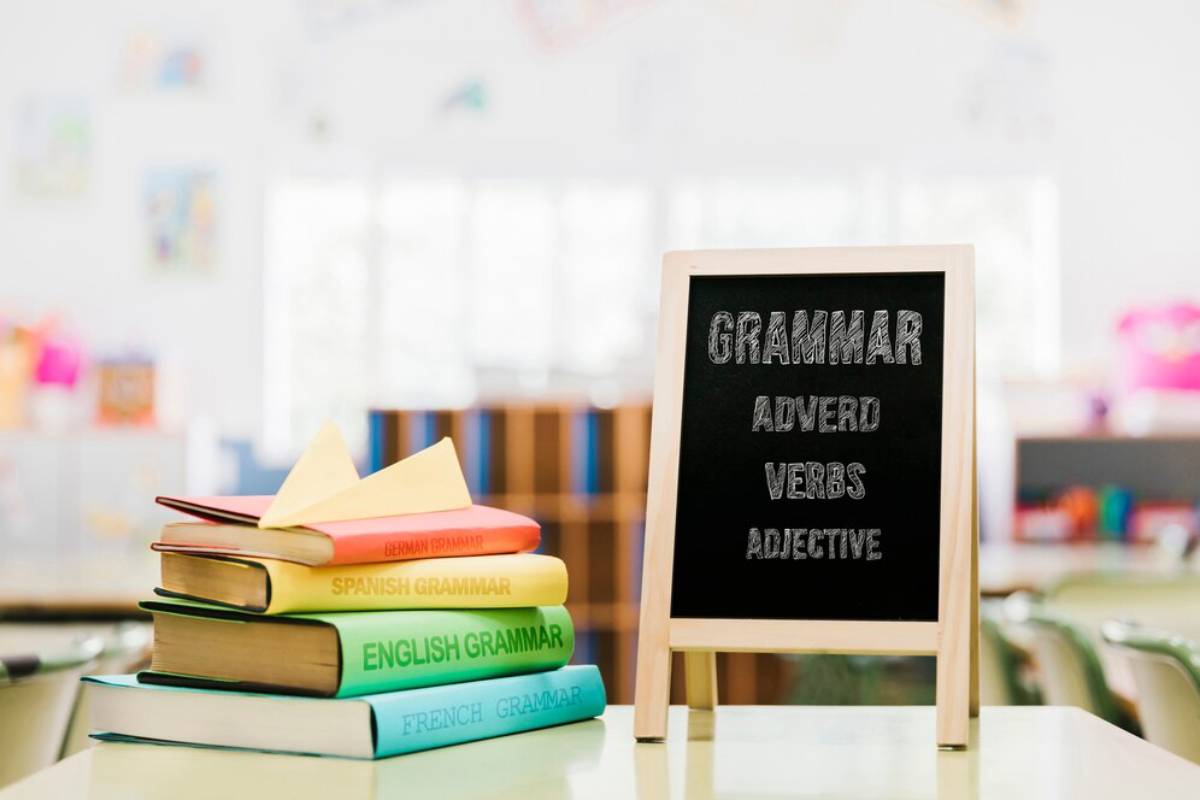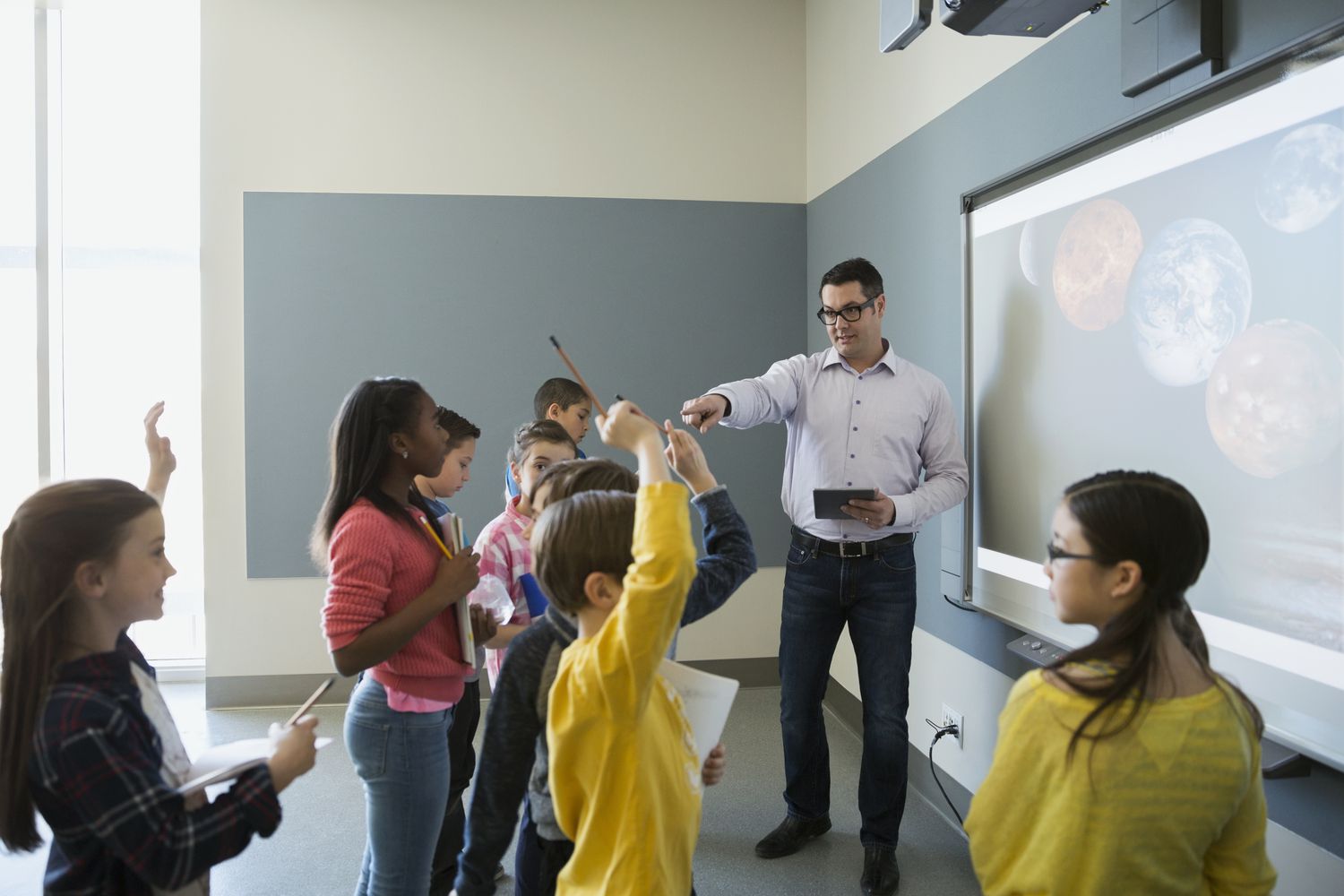
Master Slang and Colloquialisms Using Pop Culture
Ever studied a language for months, then heard native speakers talking, and felt completely lost?
That’s because real conversations aren’t textbook-perfect. People use slang, idioms, and colloquial expressions all the time.
If you want to sound natural and understand how people actually speak, you need to learn the casual, everyday version of the language, and one of the best ways to do that is through pop culture.
This blog will show you how to learn casual language through music, movies, TV shows, and social media. No boring lists. Just real, practical ways to understand slang and speak like a local.
What Is Slang and Why Is It Important?
Slang is informal language. It changes quickly and is used mostly in casual speech. Think of it as the fun, colourful side of a language.
Colloquialisms are everyday words or expressions used in casual settings. They may not be “slang,” but they aren’t formal either.
Why should you care?
- It helps you understand native speakers better
- It makes your speech sound natural and relaxed
- It shows you understand the culture, not just the grammar
How to Learn Casual Language from Pop Culture
1. Watch Shows with Subtitles (Then Without)

Start with subtitles in your native language, then switch to subtitles in the target language. When you’re confident, try watching with no subtitles.
What to do:
- Write down slang or casual phrases you hear
- Look them up and note their meaning and usage
- Try using them in a sentence of your own
Rewatch your favourite scenes. Repetition helps phrases stick.
2. Follow Social Media Creators
Creators on platforms like TikTok, Instagram, and YouTube often speak in a relaxed, casual style.
Search for creators who post in your target language — ideally, ones who speak directly to the camera. Watch how they move, joke, and express themselves.
- Follow pages that explain slang
- Use the comment section to see how slang is used in replies
- Save videos and rewatch them
3. Learn from Stand-Up and Comedy Sketches
Comedians use a lot of real, everyday speech — plus slang, jokes, and cultural references.
How to use it:
- Watch with subtitles first
- Note phrases the audience laughs at
- Look up jokes or phrases you don’t understand
- Practise retelling a joke using the same structure
4. Use Online Slang Dictionaries and Forums
Not sure what something means? Use sites like:
- Urban Dictionary
- HiNative
- Reddit language subs
These help you break down slang and colloquial phrases with real examples.
5. Listen to Songs and Break Down the Lyrics
Music is packed with slang and casual language, especially in rap, pop, and R&B.
Try this:
- Pick a song you like
- Read the lyrics while you listen
- Highlight words you don’t know
- Translate and note their meaning
Once you’ve understood the lyrics, sing along. This improves your pronunciation and fluency.
Common Types of Slang to Learn
Here are a few categories of slang and casual expressions to look out for:
Greetings and Goodbyes
- “What’s up?” / “Sup?”
- “Catch you later”
- “Peace out”
Reactions
- “No way!”
- “That’s wild”
- “Seriously?”
Descriptions
- “Lit” = exciting
- “Chill” = relaxed
- “Cringe” = awkward
Verbs and Phrasal Verbs
- “Hang out” = spend time
- “Hook up” = connect (can also mean something else, context matters!)
- “Go off” = react strongly
Real-Life Example: How Diego Learned English Slang
Diego, 25, learned formal English through school, but struggled to follow casual conversations in the US.
He changed his approach:
- Watched sitcoms like Brooklyn Nine-Nine and Friends
- Took notes every time characters used slang
- Practised by posting Instagram captions using new phrases
- Made memes in English as jokes with friends
Three months in, Diego was chatting comfortably with native speakers and getting their jokes.
“Pop culture taught me how people really speak,” he said.
Easy Daily Practice Plan

Want to improve fast? Try this weekly routine:
Monday
Watch a short video or TikTok — write down one new slang phrase.
Tuesday
Find a meme in your target language — explain the joke in your own words.
Wednesday
Listen to a song and translate the chorus.
Thursday
Watch a comedy clip — shadow a few lines.
Friday
Post a casual caption or story using new slang.
Weekend
Relax with a show or movie — no pressure, just listen and enjoy.
What to Avoid
- Using slang without understanding it – Know what it means and when it’s okay to use it
- Trying to sound too “cool” too fast – Focus on learning naturally, not forcing it
- Skipping pronunciation – Speak out loud to hear how it really sounds
- Only using formal language – Mix formal and casual to be flexible
Pop Culture: Your Gateway to Real Language
Pop culture gives you a front-row seat to how people really talk. It’s full of slang, idioms, humour, and cultural references.
What counts as pop culture?
- TV shows and movies
- Song lyrics
- Stand-up comedy
- TikTok and YouTube shorts
- Instagram reels and memes
These are goldmines for slang language learning.
Conclusion: Learn the Real Language with Pop Culture
Slang and casual expressions are what make a language feel alive.
You don’t need to sound like a textbook. You want to connect with people — laugh with them, understand their jokes, and express yourself naturally.
And the best way to do that? Dive into the pop culture they love.
So grab your phone. Pick a video. Hum a tune. Learn how people talk, not just how they write.
Before long, you won’t just know the language. You’ll feel comfortable using it.


